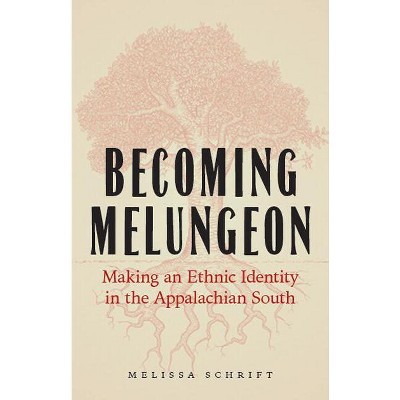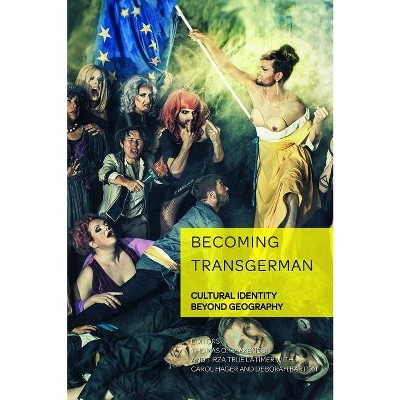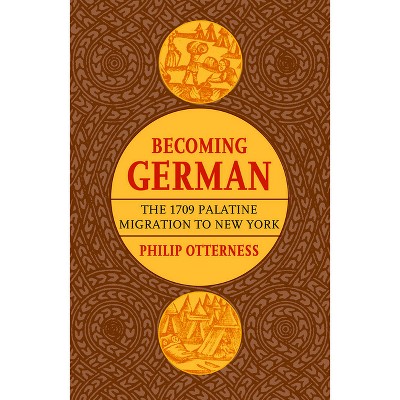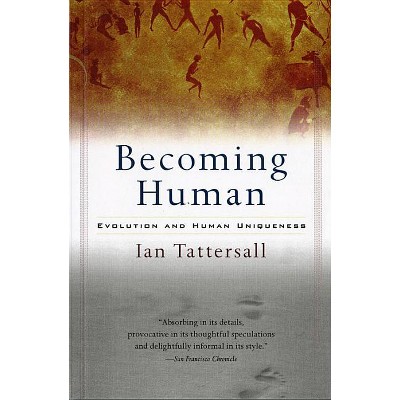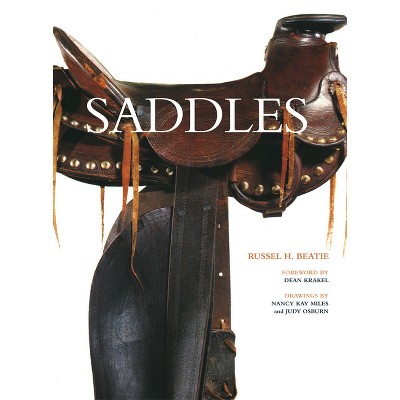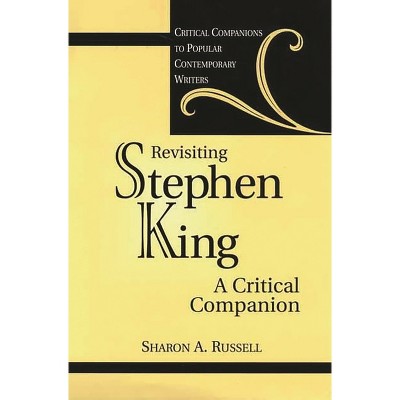About this item
Highlights
- More Americans trace their ancestry to Germany than to any other country.
- About the Author: Russell A. Kazal is Assistant Professor of History at Arcadia University.
- 383 Pages
- Social Science, Anthropology
Description
Book Synopsis
More Americans trace their ancestry to Germany than to any other country. Arguably, German Americans form America's largest ethnic group. Yet they have a remarkably low profile today, reflecting a dramatic, twentieth-century retreat from German-American identity. In this age of multiculturalism, why have German Americans gone into ethnic eclipse--and where have they ended up? Becoming Old Stock represents the first in-depth exploration of that question. The book describes how German Philadelphians reinvented themselves in the early twentieth century, especially after World War I brought a nationwide anti-German backlash.
Using quantitative methods, oral history, and a cultural analysis of written sources, the book explores how, by the 1920s, many middle-class and Lutheran residents had redefined themselves in "old-stock" terms--as "American" in opposition to southeastern European "new immigrants." It also examines working-class and Catholic Germans, who came to share a common identity with other European immigrants, but not with newly arrived black Southerners.Becoming Old Stock sheds light on the way German Americans used race, American nationalism, and mass culture to fashion new identities in place of ethnic ones. It is also an important contribution to the growing literature on racial identity among European Americans. In tracing the fate of one of America's largest ethnic groups, Becoming Old Stock challenges historians to rethink the phenomenon of ethnic assimilation and to explore its complex relationship to American pluralism.
From the Back Cover
"This is a scholarly work par excellence. Prodigiously researched, cogently argued and extremely well written, the book is a richly detailed case study of the shifts in German-American identity in Philadelphia during the early 20th century. A tour de force."--Marilyn Halter, Boston University
Review Quotes
"The book has tremendous merits for its sweeping arguments backed up by detailed documentation. . . . [It] makes an invaluable contribution to our understanding of early twentieth century German-America, and it enhances our understanding of the relationship between ethnicity, whiteness, and national identity in urban America."---Christiane Harzig, Central European History
"This is a richly satisfying book. One puts it down feeling that everything relevant to the subject has been carefully looked into, judiciously considered, and set forth in a calm, clear, and illuminating manner. . . . [The] book gives us much to think about and even more to admire."---Philip Gleason, American Historical Review
About the Author
Russell A. Kazal is Assistant Professor of History at Arcadia University.Shipping details
Return details
Trending Poetry







